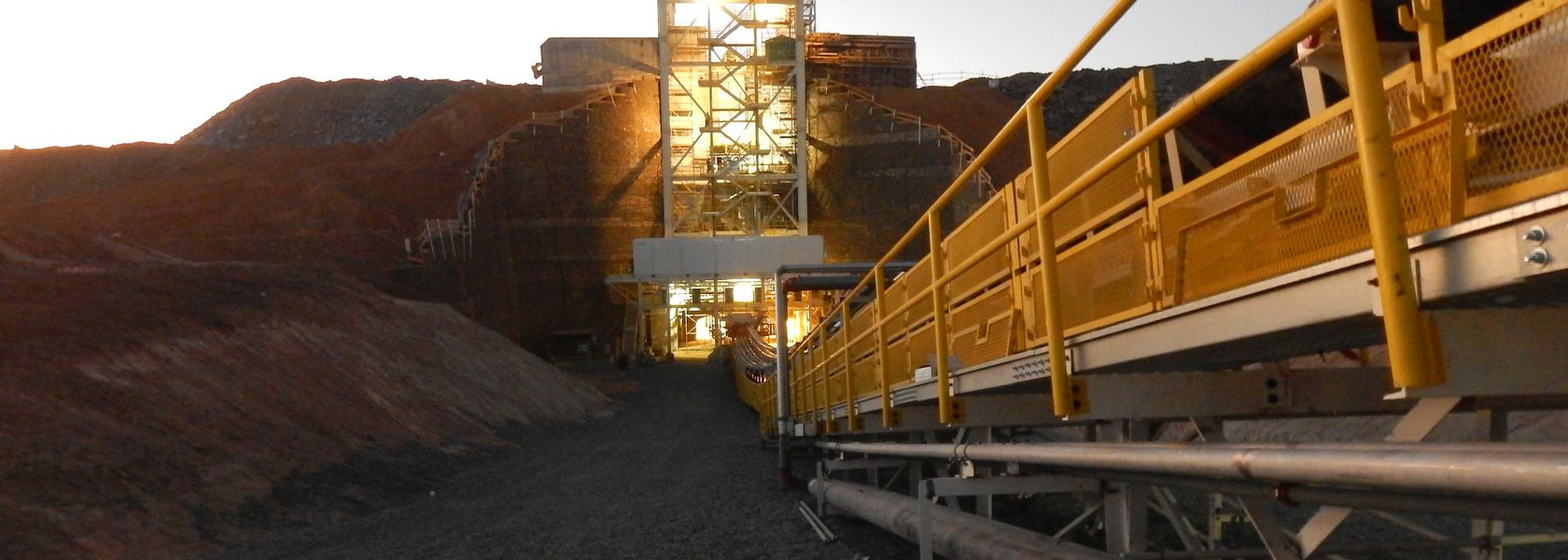Mauritanian workers strike Kinross Tasiast mine
On May 6, Toronto-based Kinross Gold Corporation released its financial statements for the first quarter of 2020. The huge multinational reported quarterly cash balance of over US$1.1 billion and a year-over-year profit increase of 53 percent for the 3-month period.
The company has taken great pains to reassure investors that the global coronavirus pandemic has not weakened its position. The financial report notes that all Kinross mines continue to operate with “no material disruption” and that there are “non-disruptive” workarounds employed at the level of shipping and storage. It specifically notes that no workarounds have been employed at the mines.
The Tasiast mine in Mauritania is responsible for over 18% of Kinross production and is the only of its top three mines whose output is growing. Perhaps more important, Tasiast is the corporation’s lowest-cost mine – gold mined at Tasiast costs just $550 per ounce, compared to the Kinross average of just over $750 per ounce and a current selling price of around $1700 per ounce.
Tasiast is quite the cash cow, and one Kinross is determined to milk for all it’s worth.
But the cow is kicking back now – the day before the Q1 financials were released, workers at Tasiast launched a strike, claiming that the corporation was using the coronavirus to increase the level of exploitation at the mine.
Kinross, in a brief press release, called the striking workers “opportunistic” for demanding improved wages and working conditions during a pandemic. Unsurprisingly, analysis from the workers’ point of view tells a different story. In a videotaped interview from the news website Le 360 on May 9, General Secretary of the Confédération générale des travailleurs de Mauritanie (CGTM), Mohamed ould Abdallahi, explains that the corporation is the one taking advantage of the health crisis:
“Workers at Tasiast have been on strike since Monday morning [May 4], following a halt in negotiations with the company. The negotiations mostly centered around bonuses, incentive pay, and the question of confinement.
“These workers have been required, during this entire period, to work seven days a week, 12 hours a day. Because of this, they demand compensation for the time and for the surplus work they have performed. The company has stated that their offer was substantial – it was 8000 ouguiya [around US$210] – and the workers are demanding more than that.
“The signing bonus for the current agreement, which has been in place since October, has also still not been paid by the company.
“It’s a bit much for the company, which is currently exploiting the context of the pandemic, to say the workers should not strike. The workers have produced so much, and the company has profited off this because it is the only sector where prices have exploded. Prices are up near $1800 an ounce, and it’s the workers who are being asked to make sacrifices, not the company.
“And what’s surprising is that the labour inspector, for the first time in this country’s history, has officially written to the employee representatives asking them to end the strike. This is all due to COVID – [for this reason] workers have to gather at the worksite, and they are working 7 days a week, 12 hours a day, which is formally banned in this country.
“Despite everything, the workers are still willing to negotiate and find a solution to this problem that the company has put itself in. But as of today, all institutions of business are stopped.”
Mauritania is rich in natural resources, with mining industries accounting for around 35 percent of the economy, but it has a low GDP and most of the population rely on small-scale agriculture for a living. Canada is the country’s largest foreign investor, with mining assets valued at CDN$2.3 billion in 2018. In 2019, Kinross mined 391,000 ounces of gold from Tasiast – at current costs and prices, that suggests Kinross extracts over US$450 million in profit from Mauritania each year.
[Video translated from French by Rosa Burke.]




